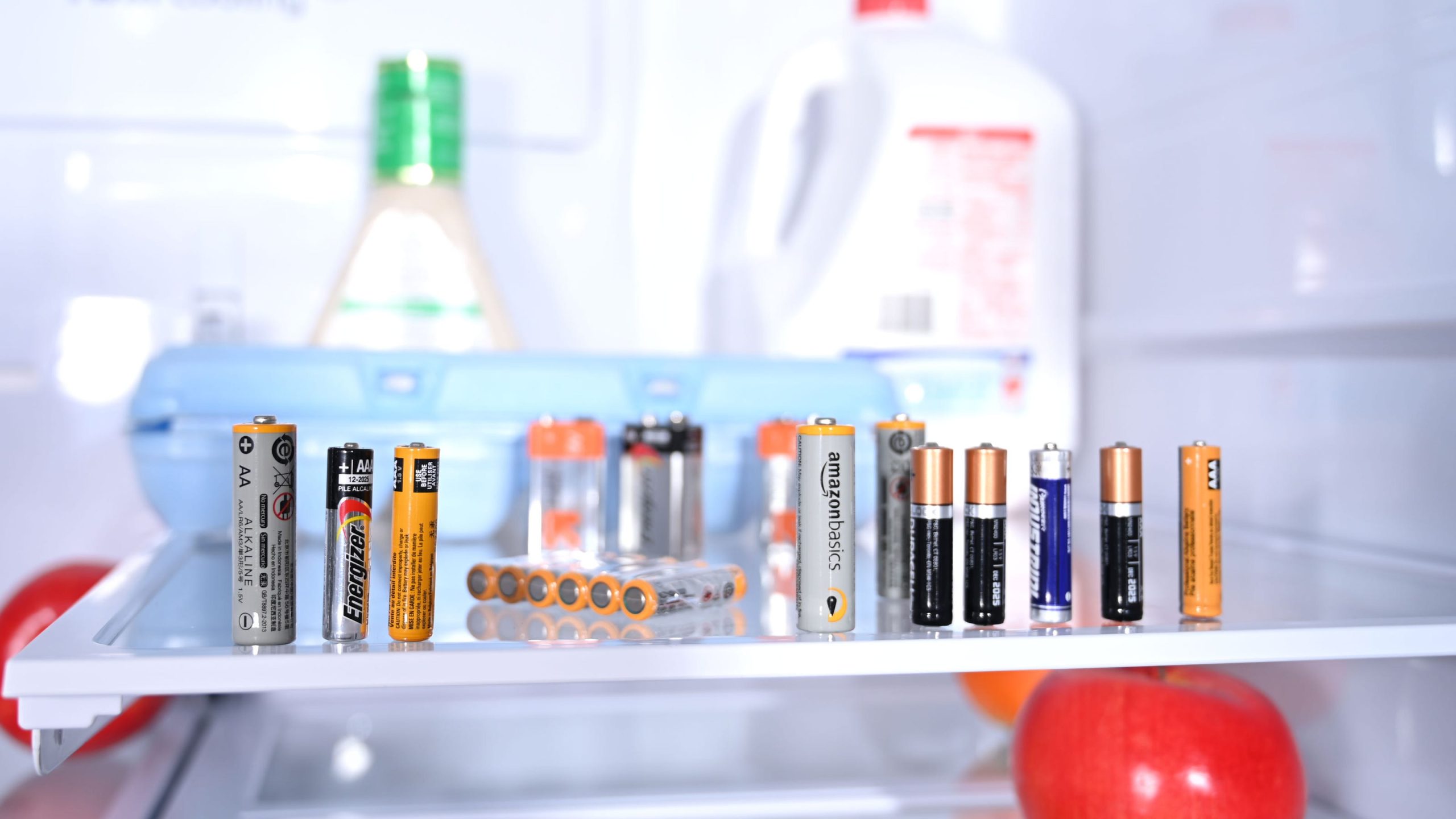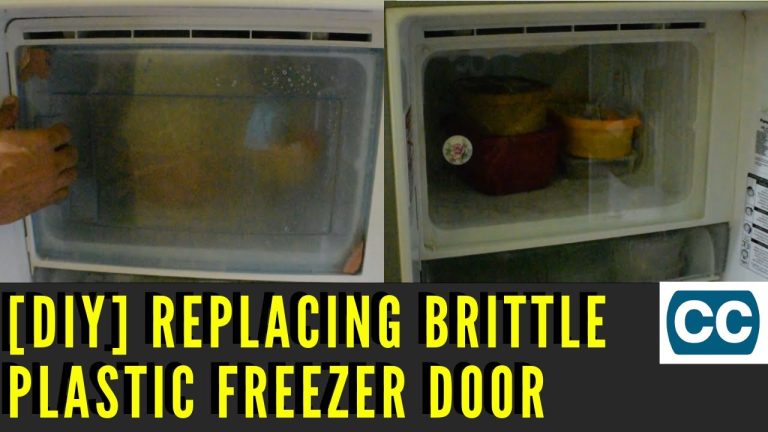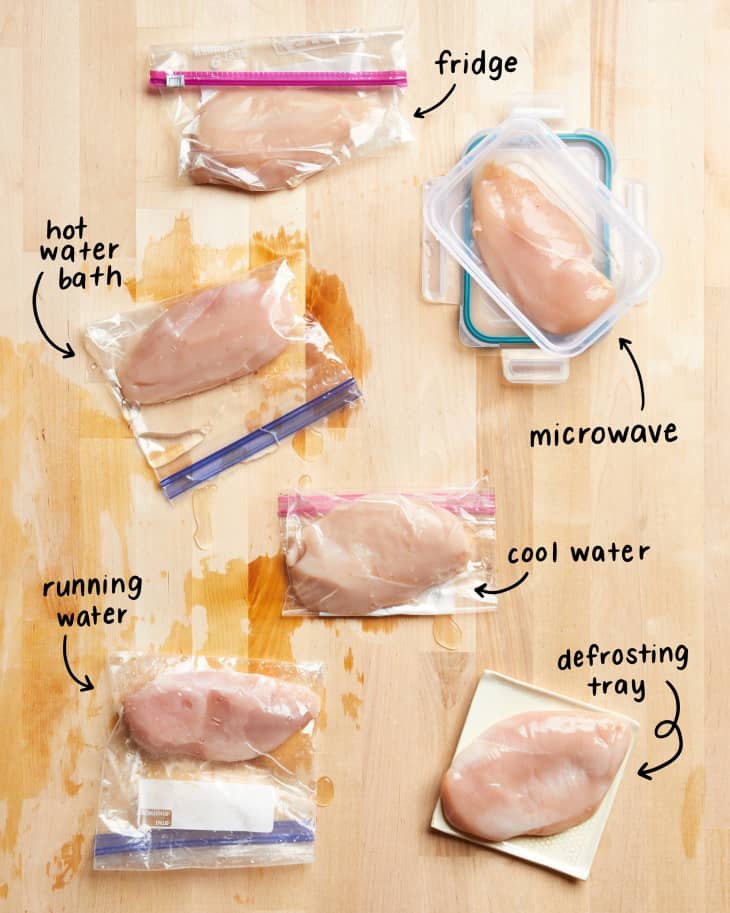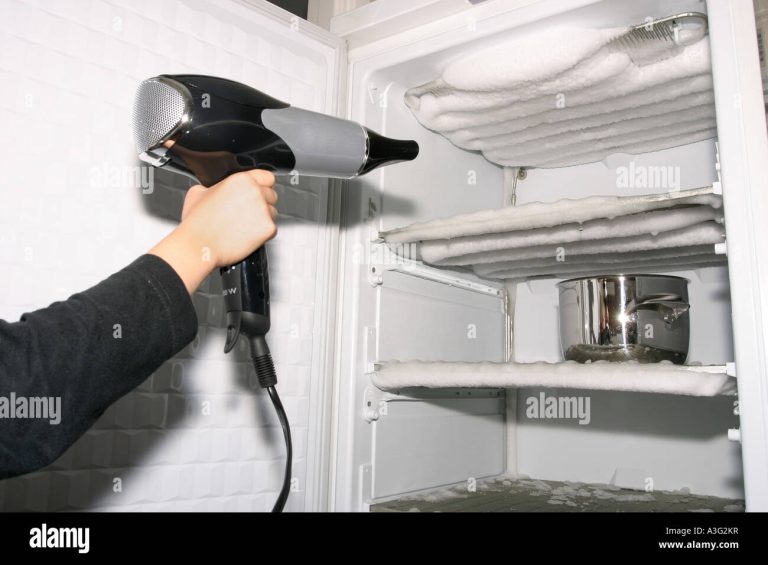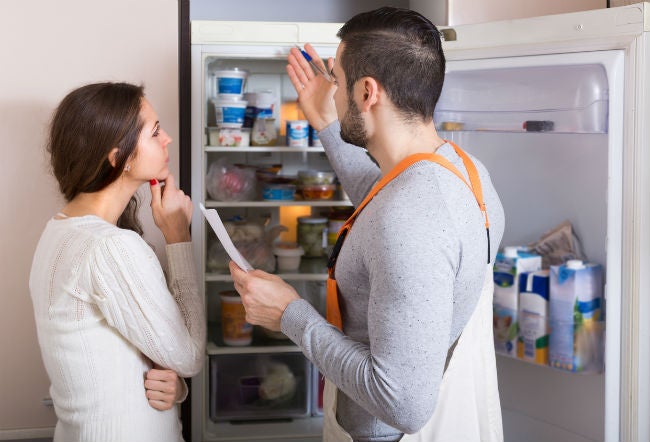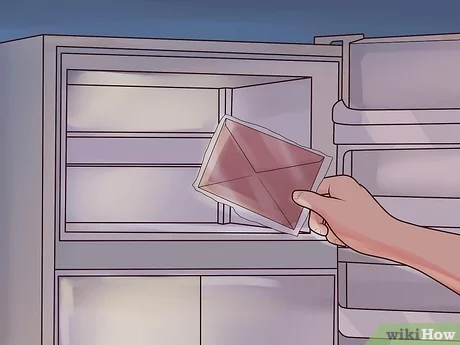To recharge AA batteries in the freezer, first, wrap them in a cloth and place them in a plastic bag. Leave the batteries in the freezer for several hours, then allow them to return to room temperature before using.
Recharging AA batteries in the freezer is a common myth that many people believe. The idea is that cold temperatures can somehow enhance battery life and performance. However, this method is not scientifically backed and can actually damage your batteries.
Instead, using a dedicated battery charger designed for rechargeable AA batteries ensures safety and efficiency. This approach not only maximizes battery lifespan but also avoids potential hazards. Understanding the proper way to recharge batteries helps maintain their performance and saves money in the long run. Aim to use recommended charging practices for the best results.
The Myth Behind Freezing Batteries
The idea of freezing batteries comes from an old belief. Many think it can extend battery life. This method first appeared in the 1980s. People wanted to save money on batteries.
Some believe that cool temperatures slow down chemical reactions. This might help batteries hold a charge longer. Yet, studies show that freezing can actually damage batteries. Moisture can form inside, causing short circuits.
Using the freezer is not a reliable method. Batteries are designed for specific operating temperatures. Keeping them cold may lead to more problems than benefits.

Credit: www.youtube.com
Types Of Aa Batteries
There are two main types of AA batteries: disposable and rechargeable. Disposable batteries are used once and thrown away. They are convenient but not eco-friendly.
Rechargeable batteries can be used many times. They save money in the long run. You must charge them before using.
| Chemistry Variant | Properties |
|---|---|
| Alkaline | Commonly used, good for low-drain devices. |
| NimH | Higher capacity, great for high-drain devices. |
| Lithium | Lightweight, lasts longer in extreme temperatures. |
Choosing the right type is important. Understand your devices’ needs before making a choice.
Safety Concerns With Batteries In Freezers
Freezing batteries poses certain risks. Extreme cold can damage battery components. Some batteries may leak or even rupture. This can lead to hazardous chemical exposure.
Always store batteries in a cool, dry place. Avoid extreme temperatures, including the freezer. Ensure batteries are properly sealed in their packaging. This helps prevent leakage. Keep batteries away from metal objects to avoid short-circuiting.
Regularly check batteries for any signs of damage. Dispose of damaged batteries safely and responsibly. Following these practices helps maintain battery safety and longevity.

Credit: www.usatoday.com
Optimizing Battery Performance
Rechargeable batteries work best when kept at the right temperature. Storing them in the freezer can help extend their life. Cold temperatures slow down chemical reactions inside the battery.
Here are some best practices for rechargeable batteries:
- Always charge batteries at room temperature.
- Never leave batteries in extreme heat.
- Use a smart charger to prevent overcharging.
- Check battery health regularly.
- Store batteries in a dry place.
Temperature affects battery efficiency significantly. Keeping them cold may help, but charging should occur at room temperature. This ensures optimal performance and longevity.
Alternatives To Freezing For Battery Rejuvenation
Freezing batteries is not the only option for rejuvenation. Other effective charging techniques can extend battery life.
- Use a smart charger that prevents overcharging.
- Try a trickle charger for slow and steady charging.
- Charge batteries at room temperature for better results.
- Keep terminals clean for better contact and efficiency.
Regular battery maintenance is crucial. Store batteries in a cool, dry place.
- Check batteries for leaks or corrosion.
- Rotate batteries in devices to ensure even use.
- Replace old batteries to avoid damage to devices.
Understanding Battery Capacity
Battery capacity is crucial for understanding how long batteries will last. It tells you how much energy a battery can store. Measuring battery life involves checking the voltage and current over time.
Several factors affect battery health. Temperature plays a big role in battery performance. Batteries work best at room temperature. Cold conditions can reduce their effectiveness.
Age also impacts battery life. Older batteries may hold less charge. Finally, usage patterns matter too. Frequent use can wear down batteries faster.
Myths Vs. Facts: Freezing And Charging
Many people believe that freezing AA batteries can help recharge them. This is a common myth. Experts state that freezing batteries does not improve their performance. Instead, it can cause damage and leaks.
Some think that cold temperatures help batteries store more energy. This idea is incorrect. Batteries need to be kept at room temperature for the best results. Storing them in a freezer can actually harm the internal components.
It is essential to understand that rechargeable batteries need proper chargers. Charging them in a freezer is not only ineffective but also dangerous. Always follow the manufacturer’s instructions for safe and efficient charging.
Practical Tips For Battery Care
Storing AA batteries in the freezer can help them last longer. Cold temperatures slow down the chemical reactions inside the battery. This method is useful for recharging old batteries too.
Consider these recommended accessories for better battery care:
| Accessory | Benefit |
|---|---|
| Battery Charger | Recharges batteries safely and efficiently. |
| Battery Storage Case | Protects batteries from damage and keeps them organized. |
| Battery Tester | Helps check battery life before recharging. |
Environmental Impact Of Battery Disposal
Battery disposal creates significant environmental problems. Many batteries contain harmful chemicals. These chemicals can pollute soil and water. Recycling batteries helps reduce waste.
Recycling programs encourage people to return used batteries. This process allows for the recovery of valuable materials. Sustainability is achieved through responsible recycling methods.
Reducing electronic waste is crucial for the planet. People can use rechargeable batteries to minimize waste. Educating others about proper disposal also makes a difference.
| Action | Benefit |
|---|---|
| Recycle Batteries | Reduces pollution |
| Use Rechargeables | Less waste created |
| Educate Others | Promotes responsible behavior |
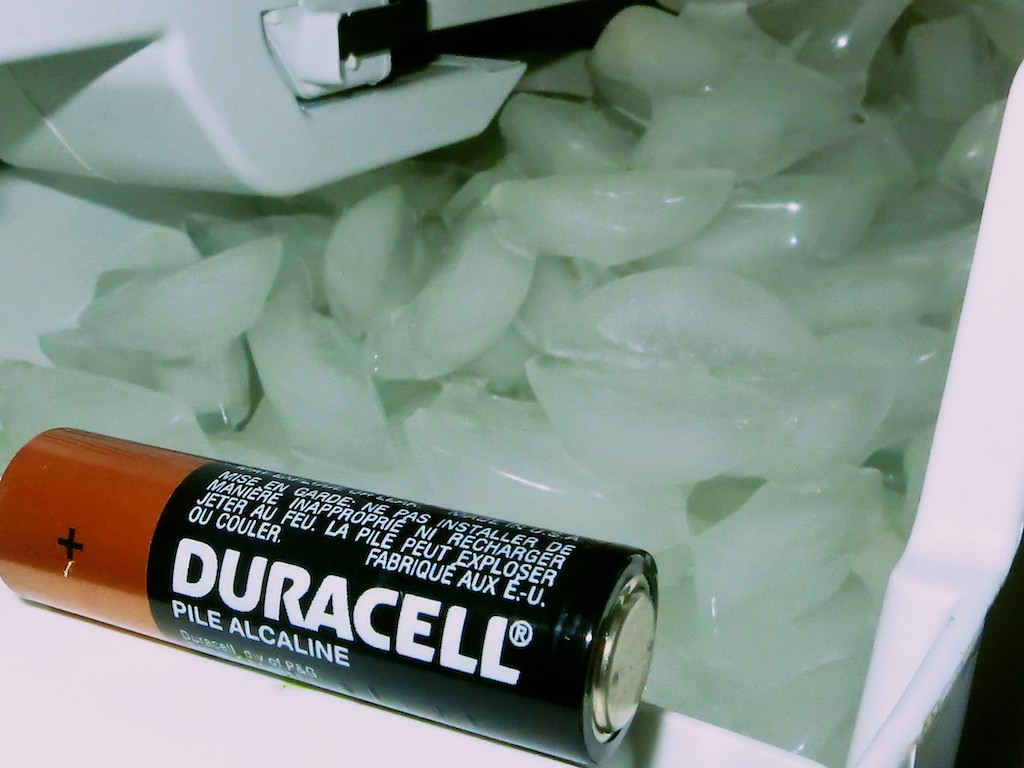
Credit: athomewithtech.com
Frequently Asked Questions
Can You Put Aa Batteries In The Freezer?
Yes, you can put AA batteries in the freezer. This may temporarily improve performance in some cases. However, it’s not a recommended method for long-term storage. Store batteries in a cool, dry place instead for optimal lifespan and performance.
Can You Recharge Your Batteries By Putting Them In The Freezer?
Putting batteries in the freezer does not recharge them effectively. Cold temperatures can damage batteries and reduce their lifespan. Proper charging methods are recommended for optimal performance. Always follow manufacturer guidelines for battery care. Storing batteries in cool, dry places is better than freezing them.
How Can I Recharge My Aa Batteries?
To recharge AA batteries, use a compatible battery charger. Insert the batteries into the charger, ensuring proper alignment. Plug the charger into an outlet. Follow the manufacturer’s instructions for charging time. Always check battery condition before recharging to ensure safety and efficiency.
Can Dead Aa Batteries Be Recharged?
Dead AA batteries cannot be recharged. Once they lose their charge, they are typically not designed for reuse. Attempting to recharge them can be dangerous and may cause leaks or explosions. Always dispose of dead batteries properly and consider using rechargeable batteries for sustainability.
Conclusion
Recharging AA batteries in the freezer can be a smart way to extend their life. Always ensure you follow safety guidelines to avoid damage. This method not only saves money but also promotes sustainability. By implementing this technique, you contribute to a greener planet while keeping your devices powered.
